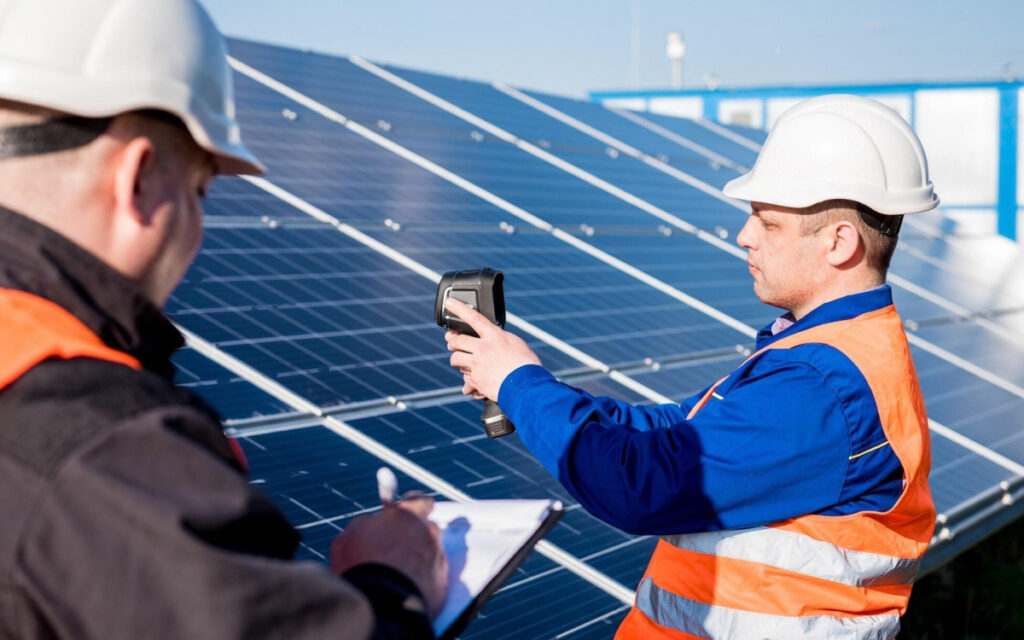As interest in renewable energy continues to grow, so does the appeal of going off-grid with solar power. Off-grid solar systems offer independence from traditional utility companies and provide a sustainable, self-sufficient energy solution. However, before making the leap to off-grid living, it’s essential to understand the pros and cons of off-grid solar systems.
Pros of Off-Grid Solar Systems:
- Energy Independence: Off-grid solar systems allow you to generate your electricity, providing independence from traditional utility companies and reducing reliance on the grid.
- Remote Access: Off-grid solar systems are ideal for remote locations where access to the grid may be limited or unavailable. They offer a reliable energy solution for off-grid cabins, remote homesteads, and rural properties.
- Environmental Sustainability: Off-grid solar systems are environmentally friendly, producing clean, renewable energy without emitting greenhouse gases or pollutants.
- Cost Savings: While the upfront cost of installing an off-grid solar system may be higher than connecting to the grid, off-grid living can lead to long-term cost savings on electricity bills and utility fees.
- Grid Independence: Off-grid solar systems provide resilience against power outages and grid failures, ensuring that you have access to electricity even during emergencies or natural disasters.
Cons of Off-Grid Solar Systems:
- Higher Upfront Costs: Off-grid solar systems typically require a larger upfront investment in solar panels, batteries, and other components compared to grid-tied systems.
- Limited Energy Storage: Off-grid solar systems rely on battery storage to store excess energy for use when the sun isn’t shining. However, battery storage capacity is limited and may not always meet energy demands, especially during extended periods of low sunlight.
- Maintenance Requirements: Off-grid solar systems require regular maintenance to ensure optimal performance and reliability. This includes monitoring battery health, cleaning solar panels, and troubleshooting system issues.
- Limited Energy Capacity: Off-grid solar systems may have limited energy capacity compared to grid-tied systems, especially during periods of high energy demand or inclement weather conditions.
- Lifestyle Adjustments: Off-grid living requires lifestyle adjustments and careful energy management to ensure that energy needs are met without relying on the grid. This may include conserving energy, prioritizing energy-efficient appliances, and adjusting daily routines.
In conclusion, off-grid solar systems offer a sustainable, self-sufficient energy solution for those seeking independence from traditional utility companies. However, they also come with challenges and considerations that must be carefully weighed before making the transition to off-grid living. At Brandon Peggau, we can help you explore your options and determine if an off-grid solar system is the right choice for your energy needs. Contact us today to learn more about off-grid solar solutions and how we can assist you in your solar journey.

